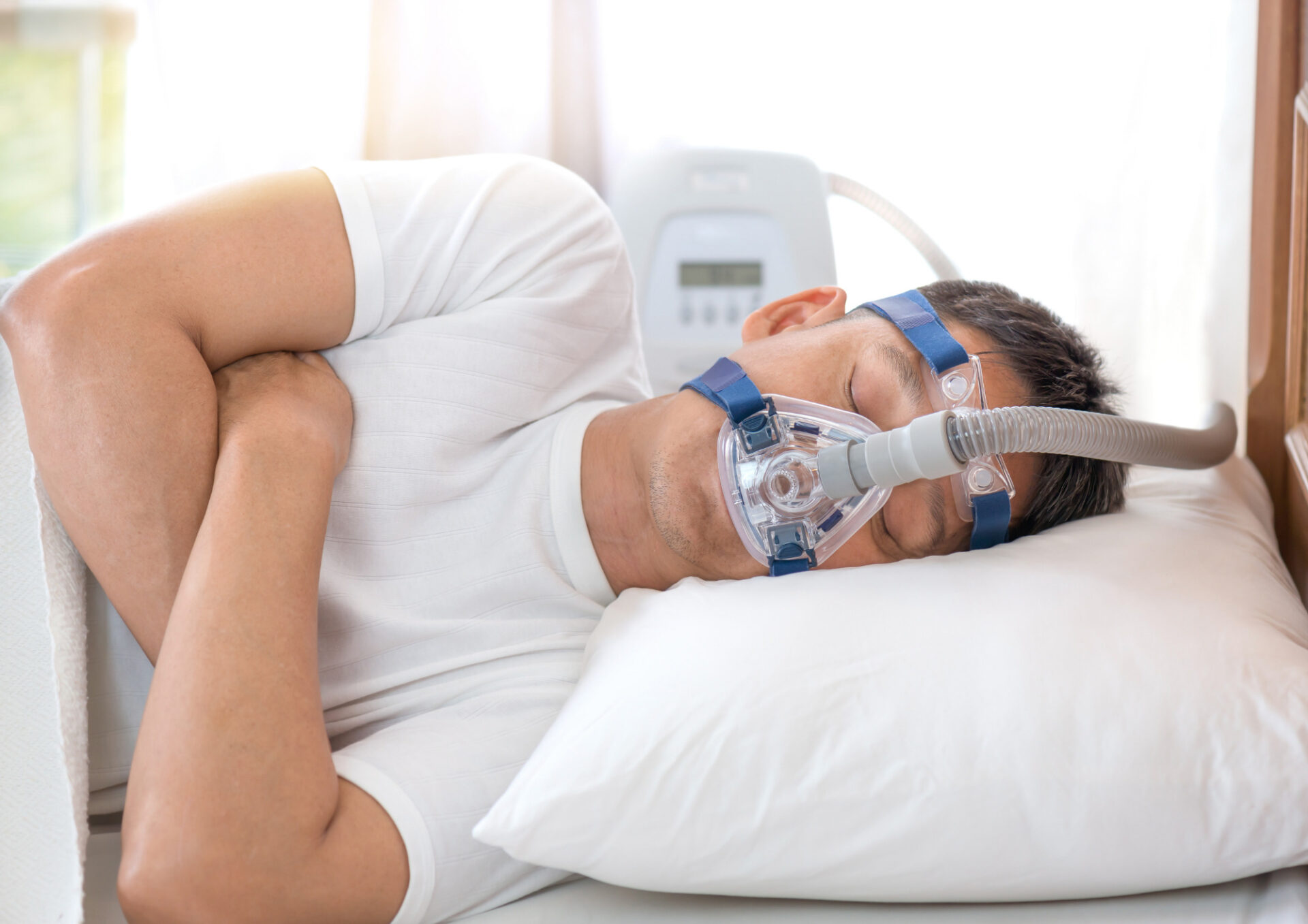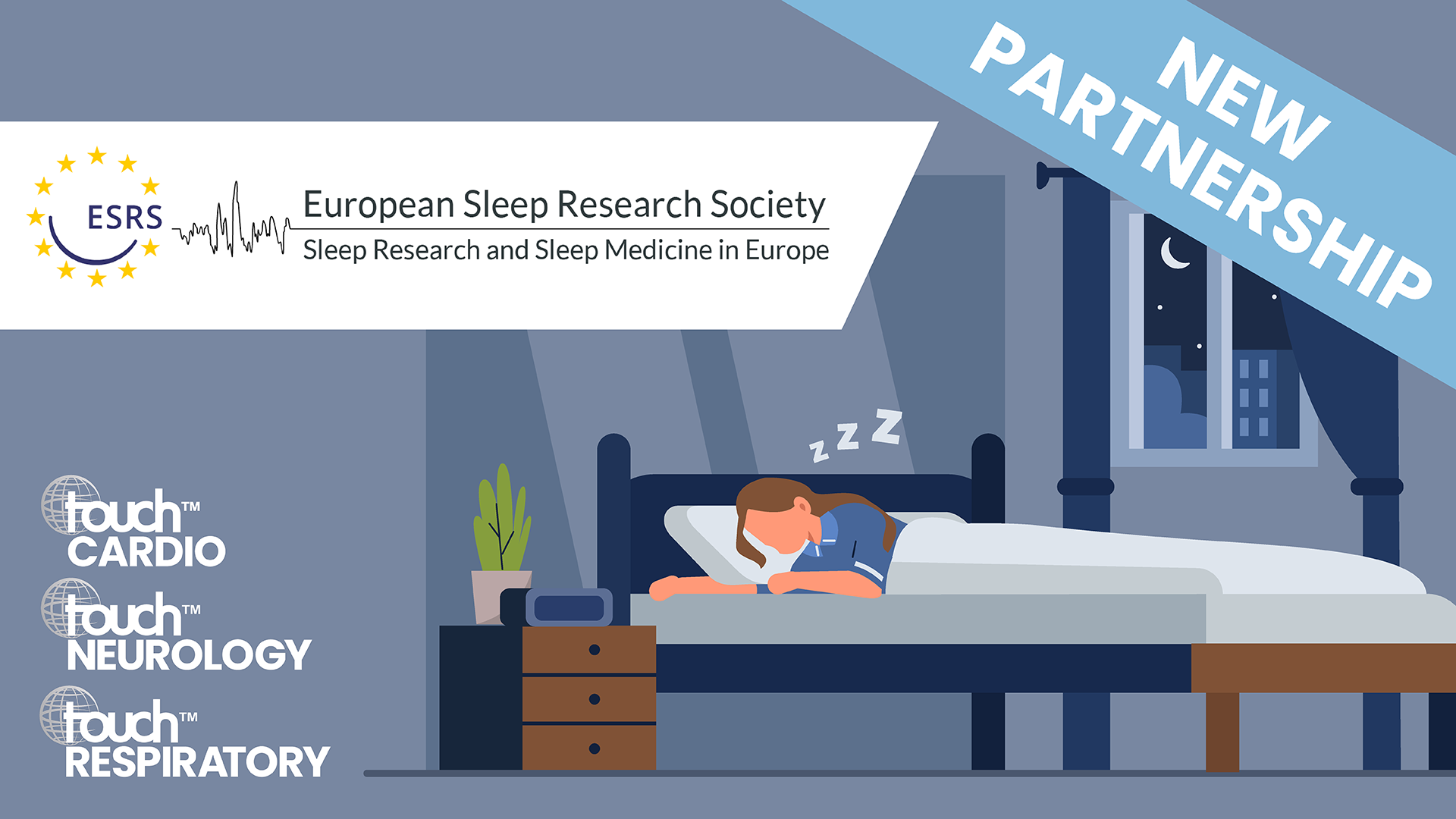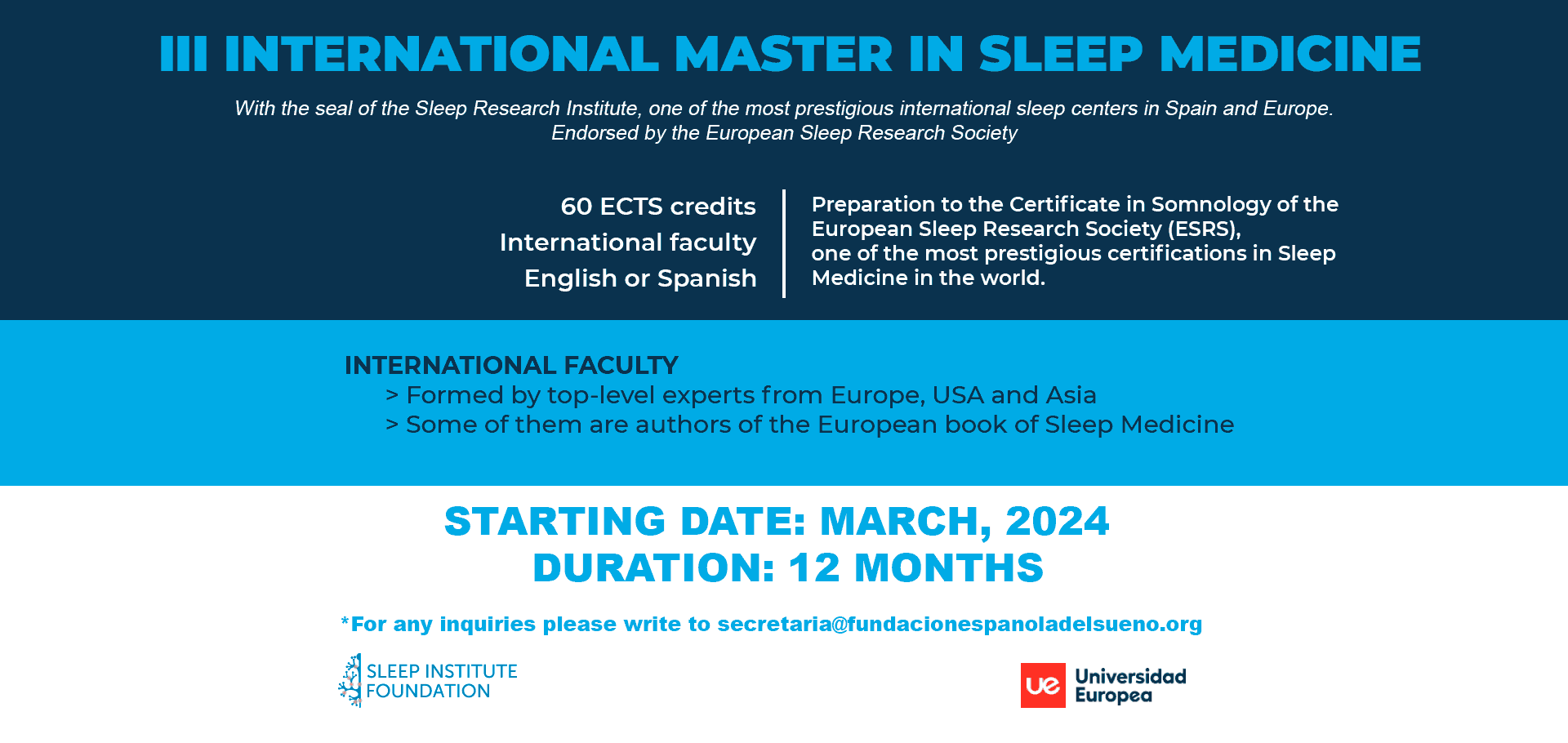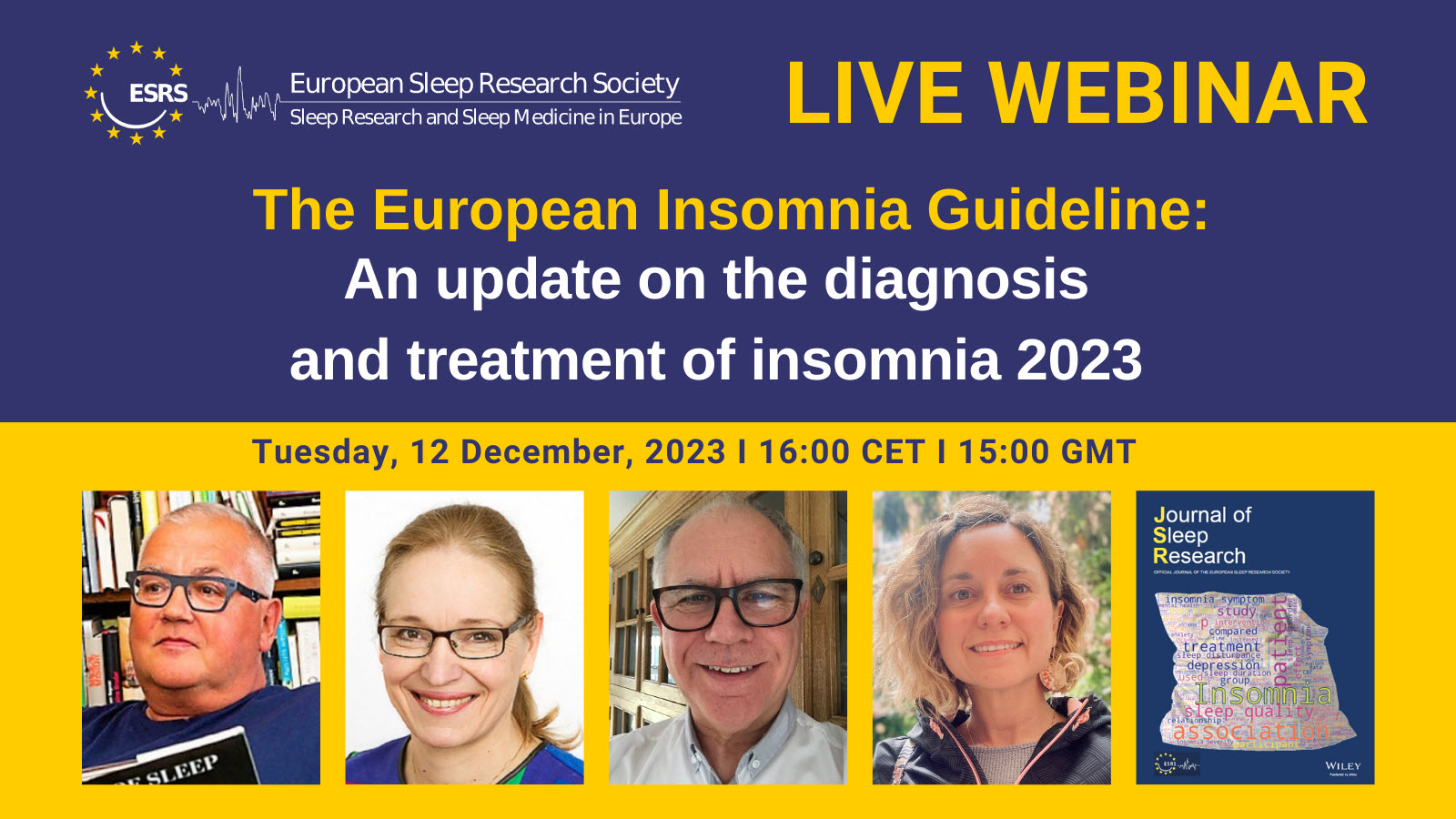
How to Choose a Sleep Disorder Specialist in Europe
- January 31, 2025
- 0 Likes
- 188 Views
- 0 Comments
Navigating the intricate world of sleep medicine can be daunting, especially for healthcare professionals seeking expertise in how to choose a sleep disorder specialist in Europe. With the increasing prevalence of sleep disorders, understanding the qualities of a good sleep specialist in Europe is essential for providing exceptional patient care. This guide will delve into critical factors such as finding a sleep disorder specialist in Europe, exploring the top sleep clinics in Europe, and evaluating available sleep disorders treatment options in Europe. By equipping healthcare providers with the right knowledge, this post aims to facilitate informed decisions when choosing a sleep disorder doctor in Europe, ensuring that patients receive the highest standard of care from the best sleep specialists in Europe. Join us as we embark on a comprehensive journey to demystify the process of choosing a sleep specialist in Europe and help professionals connect their patients with top-notch sleep disorder clinics in Europe.
Understanding Sleep Disorders: An Overview
Sleep disorders are complex conditions that significantly impact a person’s overall health and quality of life. They encompass a broad spectrum of issues, including insomnia, sleep apnea, restless leg syndrome, narcolepsy, and parasomnias such as sleepwalking. For healthcare professionals, a robust understanding of these disorders is essential for providing appropriate patient care.
What are Sleep Disorders?
Sleep disorders can be classified into several categories:
- Insomnia: Difficulty falling or staying asleep, often linked to stress, anxiety, or other health conditions.
- Sleep Apnea: A serious disorder where breathing repeatedly stops and starts during sleep, often due to an obstruction in the airway.
- Restless Leg Syndrome (RLS): A compelling urge to move the legs, usually accompanied by uncomfortable sensations, which can significantly disrupt sleep.
- Narcolepsy: A condition characterized by excessive daytime sleepiness and sudden sleep attacks.
- Parasomnias: Abnormal behaviors during sleep, such as sleepwalking or night terrors.
Prevalence and Impact
According to recent studies, millions of individuals across Europe suffer from sleep disorders, emphasizing the need for effective management and treatment strategies. The consequences of untreated sleep disorders can be severe, leading to:
- Decreased cognitive function
- Increased risk of chronic health issues such as obesity, diabetes, and cardiovascular diseases
- A decline in mental health, resulting in anxiety or depression
- Impaired daily functioning and quality of life
The Role of a Specialist
Given the complex nature of sleep disorders, Finding a sleep disorder specialist in Europe becomes crucial. A dedicated sleep disorder specialist can accurately diagnose and provide tailored treatment options, helping patients regain their sleep quality and overall health.
Professionals must be aware of the various sleep disorder treatment options in Europe and how specialists can integrate these into personalized care plans. Their expertise not only aids in managing symptoms but also educates patients on lifestyle and behavioral changes to support better sleep hygiene.
By understanding sleep disorders, healthcare providers can become advocates for their patients, guiding them to the best sleep specialists in Europe and ensuring they receive the specialized care necessary for better health outcomes.

The Importance of Specialized Care for Sleep Disorders
Sleep disorders can profoundly affect an individual’s overall health and quality of life. Given the complexity and multifaceted nature of these conditions, finding a sleep disorder specialist in Europe is essential. Specialized care ensures that individuals receive tailored treatment plans that address their specific needs. Here are some key reasons why consulting a specialized professional is vital:
1. In-depth Knowledge and Expertise
- Sleep disorder specialists possess comprehensive knowledge about various sleep conditions, such as insomnia, sleep apnea, narcolepsy, and restless leg syndrome. They are familiar with the latest research and treatment options, which is crucial in a rapidly evolving field.
2. Accurate Diagnosis
- A proper diagnosis is the foundation of effective treatment. Specialists are trained to conduct thorough sleep evaluations, including sleep studies (polysomnography), actigraphy, and other diagnostic tests. This expertise increases the likelihood of an accurate diagnosis, allowing for more effective treatment.
3. Individualized Treatment Plans
- Each sleep disorder is unique, requiring a distinctive approach. Choosing a sleep specialist in Europe allows healthcare providers to collaborate with professionals who can create personalized treatment plans, ranging from cognitive behavioral therapy (CBT) for insomnia to CPAP therapy for obstructive sleep apnea.
4. Access to Advanced Technologies
- Top sleep clinics in Europe are often equipped with state-of-the-art diagnostic and treatment technologies that general practitioners may not have. This access is crucial for effective diagnosis and management of complex sleep disorders.
5. Interdisciplinary Approach
- Sleep disorders frequently co-occur with other medical conditions. Specialized care often includes collaboration with other healthcare providers—such as psychologists for mental health concerns or cardiologists for heart-related issues—enhancing comprehensive care.
Summary Table of Importance
| Factor | Details |
|---|---|
| Knowledge & Expertise | Specialists understand various sleep disorders |
| Accurate Diagnosis | Conduct thorough evaluations for precise diagnosis |
| Individualized Plans | Create tailored treatment plans specific to patient needs |
| Advanced Technologies | Access to cutting-edge diagnostic and treatment tools |
| Interdisciplinary Care | Work with other medical professionals for holistic treatment |
Choosing to consult a qualified professional is a significant step toward effective management of sleep disorders. Understanding how to choose a sleep disorder doctor in Europe is essential for ensuring patients receive the best possible care for their unique situations. The best sleep specialists in Europe can make a remarkable difference in a patient’s health journey, leading to restorative sleep and improved overall well-being.
Qualities to Look for in a Sleep Disorder Specialist
When choosing a sleep disorder doctor in Europe, healthcare professionals must consider various essential qualities that define an effective specialist. Individuals seeking help for sleep-related issues require experts who can accurately diagnose and provide tailored treatment options. In this context, certain attributes can significantly influence patient outcomes.
Educational Background and Credentials
- Board Certification: A reputable sleep specialist should hold board certification in sleep medicine, which indicates extensive training and knowledge in the field.
- Continuing Education: Participation in ongoing professional development opportunities is vital, ensuring the specialist stays updated with the latest advancements in sleep medicine.
Clinical Experience
- Years of Practice: Look for specialists with a significant track record. Experience dealing with a variety of sleep disorders, from insomnia to sleep apnea, enhances their ability to provide comprehensive care.
- Specialized Treatment Methods: A competent sleep disorder specialist should be proficient in various treatment approaches, including cognitive behavioral therapy for insomnia (CBT-I), pharmacological interventions, and advanced techniques like CPAP therapy.
Interpersonal Skills
- Empathy and Understanding: A good specialist should exhibit compassion and a keen willingness to listen to the patient’s concerns. This approach helps in building a trusting relationship and creates a conducive environment for effective treatment.
- Clear Communication: Look for a doctor who can explain complex medical concepts in understandable terms, fostering open discussions about treatment options, benefits, and risks.
Reputation and Reviews
- Patient Testimonials: Before making a decision, healthcare professionals should seek feedback from previous patients. Reviews can provide insight into the specialist’s effectiveness, approachability, and overall patient satisfaction.
- Professional Affiliations: Membership in respected professional organizations (like the European Sleep Research Society) reflects commitment to high standards and continuous improvement in sleep medicine.
By meticulously evaluating these qualities, healthcare experts can enhance their chances of finding the best sleep doctor in Europe, ultimately contributing to better patient care in the realm of sleep disorder treatment.
How to Conduct Research for Sleep Specialists in Europe
Finding a sleep disorder specialist in Europe requires thorough research to ensure that the selected professional is well-equipped to handle specific sleep issues. Medical professionals should adopt a systematic approach to ensure they choose a specialist who meets their needs. Here are some effective strategies for conducting such research:
1. Utilize Online Resources
- Medical Directories: Websites like the European Sleep Research Society (ESRS) and other medical directories provide comprehensive lists of certified sleep specialists in Europe. These platforms often include filters for specialty, location, and credentials.
- Hospital Websites: Many reputable hospitals will have dedicated sleep clinics. By visiting the websites of top-tier hospitals, healthcare professionals can find information about affiliated sleep specialists, their expertise, and available treatments.
2. Leverage Specialist Reviews and Ratings
- Patient Testimonials: Websites that aggregate patient reviews can provide insight into the experiences of previous patients. Look for trends in feedback regarding the specialist’s approach, effectiveness, and bedside manner.
- Professional Ratings: Review the ratings and qualifications of specialists on platforms such as Healthgrades and RateMDs, where professionals can assess the quality of care provided by sleep disorder specialists.
3. Network within Professional Circles
- References from Peers: Colleagues in healthcare may have recommendations based on their experiences or networks. Asking trusted peers for referrals can significantly narrow down choices.
- Conferences and Seminars: Attend relevant medical conferences focusing on sleep disorders. Networking with professionals can yield firsthand information about the best sleep specialists in Europe.
4. Consider Qualifications and Specialties
| Factors to Consider | Why They’re Important |
|---|---|
| Credentials and Affiliations | Ensures specialization in sleep medicine. |
| Experience | More experience usually indicates better outcomes. |
| Research and Publications | Knowledge of current trends and treatments. |
By gathering this information, healthcare professionals can make informed decisions about choosing a sleep disorder doctor in Europe. It’s imperative to compare options carefully, exploring each candidate’s areas of expertise and patient feedback. This diligence is the first step towards ensuring top-notch care for patients with sleep disorders.

Evaluating the Credentials of Sleep Specialists
When choosing a sleep disorder doctor in Europe, it is crucial to thoroughly evaluate the credentials of potential specialists. Proper qualifications can greatly impact the effectiveness of diagnosis and treatment for various sleep disorders. Here are key factors to consider:
1. Educational Background
- Degree Verification: Ensure that the sleep specialist holds a valid medical degree from a recognized institution.
- Advanced Training: Look for additional training in sleep medicine, which may include fellowships or specialized courses.
2. Board Certification
- Specializations: Confirm whether the specialist is board-certified in sleep medicine by relevant professional bodies such as the European Sleep Research Society (ESRS) or other national certifications.
- Continuing Education: Investigate if they pursue continuing education courses to stay updated on the latest advancements in the field.
3. Professional Associations
- Memberships: Membership in professional organizations such as the American Academy of Sleep Medicine (AASM) or European Respiratory Society (ERS) is a positive indicator of professional commitment.
- Research Contributions: Examine any involvement in research, publishing, or speaking at conferences, which highlights ongoing engagement in the field.
4. Clinical Experience
- Years in Practice: Consider how long the specialist has been practicing sleep medicine. More extensive experience often correlates with a deeper understanding of complex cases.
- Area of Focus: Inquire about their specific areas of expertise, whether in insomnia, sleep apnea, restless legs syndrome, or other sleep disorders.
Credentials Table
| Credential Type | Details |
|---|---|
| Educational Background | Medical degree + specialization in sleep medicine |
| Board Certification | Valid certifications from ESRS, AASM, or national equivalents |
| Professional Associations | Memberships in relevant sleep medicine organizations |
| Clinical Experience | Years of practice; areas of expertise |
Ultimately, finding the best sleep doctor in Europe requires a careful evaluation of these credentials. By ensuring that the sleep disorder specialist possesses a solid educational background, proper certification, and considerable clinical experience, healthcare professionals can make a well-informed choice. Additionally, it is advisable to check for any reviews or recommendations from previous patients, as this may provide insights into the specialist’s effectiveness and patient care approach. Each of these factors plays a significant role in ensuring comprehensive and effective treatment for sleep disorders.
Exploring Top Sleep Clinics in Europe
When it comes to sleep disorders, the choice of a clinic can make a significant difference in patient outcomes. Europe is home to numerous esteemed sleep clinics, each offering a range of diagnostic and treatment options. Exploring these institutions can be vital for healthcare professionals and patients seeking effective care.
Notable Sleep Clinics Across Europe
| Clinic Name | Location | Key Features |
|---|---|---|
| Sleep Center of Belgium | Brussels | Specializes in sleep apnea and insomnia. Employs the latest diagnostic technology. |
| The Sleep Institute | London | Offers comprehensive assessments and personalized treatment plans. Staffed by leading sleep specialists. |
| Centre du Sommeil | Paris | Renowned for its research and innovative therapies in sleep medicine. Close collaboration with sleep disorder specialists. |
| Karolinska University Hospital | Stockholm | Features a multidisciplinary team with a focus on sleep medicine research and advanced treatment protocols. |
| Sognsvann Sleep Clinic | Oslo | Integrates psychology with sleep medicine to manage patients holistically. |
Factors to Consider When Evaluating Sleep Clinics
- Accreditation and Certification: Verify the clinic’s accreditation. Special certifications in sleep medicine are indicators of quality care.
- Range of Services: Look for clinics that offer a comprehensive array of diagnostic tests and treatments, including polysomnography, cognitive behavioral therapy for insomnia, and medication management.
- Expertise of Staff: Research the qualifications and experience of the sleep specialists associated with the clinic. A well-rounded team usually entails physicians, psychologists, and respiratory therapists.
- Patient Support Programs: Evaluate the infrastructure supporting patient education, follow-up care, and ongoing management options. Clinics should assist patients in navigating their treatment journey effectively.
Visiting top sleep clinics in Europe involves understanding their strengths and unique approaches to sleep disorders treatment options. By gathering this information, healthcare professionals will be better equipped to guide patients in finding the best sleep doctor in Europe while ensuring they receive optimal care tailored to their unique needs.
With the growing recognition of sleep as an integral component of health, the accessibility of excellent sleep disorder clinics within Europe becomes essential in advancing sleep medicine across the continent. Thus, healthcare professionals must prioritize thorough research in choosing a sleep specialist in Europe.
Understanding Treatment Options for Sleep Disorders
When addressing sleep disorders, it is crucial to recognize that these conditions require specialized care and tailored treatment options. In Europe, patients can access a diverse range of therapies and interventions designed to manage various sleep-related issues effectively. Understanding these treatment options can empower healthcare professionals to choose a sleep disorder specialist in Europe who can best meet their patients’ needs. Here are the primary categories of treatment available:
1. Behavioral Therapies
- Cognitive Behavioral Therapy for Insomnia (CBT-I): This evidence-based approach focuses on altering negative thoughts and behaviors associated with sleep.
- Sleep Hygiene Education: Teaching patients the importance of a conducive sleep environment and healthy sleep habits.
2. Medication Treatment
- Prescription Medications: Options such as sedatives, antidepressants, or melatonin receptor agonists may be indicated depending on the specific disorder.
- Over-the-Counter Options: Some patients may benefit from herbal or natural sleep aids, although these should be used with caution and under professional guidance.
3. Continuous Positive Airway Pressure (CPAP) Therapy
- Particularly effective for patients diagnosed with obstructive sleep apnea, CPAP therapy uses a machine to deliver a constant stream of air to keep airflow unobstructed during sleep.
4. Positional Therapy
- For certain sleep disorders, such as positional obstructive sleep apnea, strategies that encourage side sleeping can substantially improve symptoms.
5. Oral Appliances
- Dental devices may be prescribed to reposition the jaw and tongue, helping to alleviate airway obstructions during sleep.
6. Lifestyle Modifications
- Encouraging regular exercise, proper diet, and avoiding caffeine and alcohol before bed can significantly enhance sleep quality.
Summary of Treatment Options Table
| Treatment Type | Description | Suitable For |
|---|---|---|
| Behavioral Therapies | Focus on changing sleep habits | Insomnia |
| Medication Treatment | Use of prescribed medications | Various sleep disorders |
| CPAP Therapy | Air pressure device for sleep apnea | Obstructive sleep apnea |
| Positional Therapy | Techniques to encourage sleeping positions | Positional obstructive sleep apnea |
| Oral Appliances | Dental devices to prevent airway obstruction | Mild to moderate obstructive sleep apnea |
| Lifestyle Modifications | Changes in daily habits to improve sleep | General sleep improvement |
By gaining a comprehensive understanding of these sleep disorders treatment options in Europe, healthcare professionals can assist their patients more effectively. Additionally, this knowledge lays the groundwork for identifying the best sleep specialists in Europe, well-versed in these varied treatments. Informed decisions about choosing a sleep disorder doctor in Europe will ensure optimal patient care while navigating the complexities of sleep issues.

Questions to Ask During a Consultation
Selecting a sleep disorder specialist is a significant step towards obtaining effective diagnosis and treatment. During the initial consultation, healthcare professionals can improve their chances of finding the right sleep disorder specialist in Europe by asking informed questions. Here are some vital queries to consider:
Key Questions for Sleep Specialists
| Category | Questions |
|---|---|
| Experience and Expertise | – How many years have you specialized in sleep disorders? – What specific sleep disorders have you treated most frequently? |
| Diagnosis and Treatment | – What diagnostic tests do you recommend for my condition? – Can you explain the treatment options available for my specific sleep disorder? |
| Approach and Philosophy | – How do you tailor treatment plans to individual patients? – What is your philosophy regarding medication versus non-medication treatments? |
| Follow-Up and Care | – What follow-up procedures do you have in place? – How do you measure the effectiveness of the treatment plan implemented? |
Additional Considerations
- Patient-Centered Care: A good sleep disorder specialist in Europe should prioritize a patient-centric approach. Ask how they involve patients in decision-making regarding their treatment plans.
- Collaboration: Inquire whether they collaborate with other healthcare professionals. Effective treatment often requires an interdisciplinary approach, and knowing how a specialist works with others can provide insight into their overall care strategy.
- Accessibility: Understand their availability for consultations and emergencies. Knowing how easily one can reach the specialist for urgent concerns can prevent complications in treatment.
These targeted questions will not only clarify the specialist’s capabilities but also shed light on their communication style and approach to patient care. Therefore, healthcare professionals seeking to refer patients or find their own specialists should prioritize these queries to ensure a thorough evaluation and make an informed decision.
Lastly, through finding the best sleep doctor in Europe or navigating the myriad of sleep disorder clinics in Europe, well-informed questions can lead to clearer insights, ensuring a better fit for any given patient.
Patient Reviews and Testimonials of Sleep Specialists
When seeking the right care for someone experiencing sleep disorders, the value of patient reviews and testimonials cannot be overstated. They not only provide insight into the experiences of others but also can guide healthcare professionals in making informed decisions when finding the best sleep doctor in Europe.
Importance of Patient Feedback
- First-Hand Experience: Testimonials often detail the experiences that patients have had with a specialist, offering a glimpse into the quality of care provided.
- Understanding Treatment Efficacy: Feedback helps in understanding how effective the treatment was for similar sleep issues, highlighting both successes and difficulties faced during the process.
- Communication Style: Reviews can reveal the interpersonal skills of the specialist, including how effectively they communicated and addressed patient concerns.
Where to Find Reviews and Testimonials
- Medical Review Websites: Platforms like Healthgrades, RateMDs, and Vitals aggregate patient reviews and can be an excellent resource for evaluating a sleep disorder doctor in Europe.
- Social Media and Forums: Communities on platforms such as Facebook, Reddit, and health-focused forums often feature threads on personal experiences with various sleep specialists.
- Professional Associations: Many European sleep medicine associations provide directories that include patient reviews, ensuring that the ratings come from credible sources.
Evaluating Reviews
When examining reviews, it is crucial to consider the following:
- Volume of Reviews: A higher number of reviews can indicate a more reliable consensus.
- Recent Feedback: Look for the latest reviews to ensure the information reflects the current practice of the specialist.
- Specificity: Reviews that detail specific symptoms, treatment approaches, and outcomes can be more insightful than generic comments.
Sample Comparison Chart
| Specialist | Number of Reviews | Average Rating | Key Insights |
|---|---|---|---|
| Dr. John Smith | 150 | 4.8/5 | Highly praised for personalized care and effective treatment plans for insomnia. |
| Dr. Maria Gonzalez | 200 | 4.5/5 | Noted for clear communication and thorough evaluations. |
| Dr. Henry Lee | 100 | 4.2/5 | Common feedback mentions long wait times but effective treatment results. |
In conclusion, thoroughly assessing patient reviews and testimonials is a vital step in choosing a sleep specialist in Europe. This process provides comprehensive insights into specialists’ approaches, thereby aiding healthcare professionals in making informed decisions about where to send their patients for treatment of sleep disorders.
Making an Informed Decision: Tips for Choosing the Right Specialist
Selecting the right sleep disorder specialist in Europe is crucial for effective diagnosis and treatment. Finding a sleep disorder specialist in Europe can be daunting, but implementing a systematic approach can simplify this process. Below are some essential tips to consider:
1. Verify Certifications and Credentials
- Ensure that the specialist is board-certified in sleep medicine.
- Look for additional qualifications that indicate a focus on specific sleep disorders such as sleep apnea, insomnia, or narcolepsy.
2. Research Experience and Expertise
- Investigate the years of experience the specialist has in treating sleep disorders.
- Inquire about any specialization within the field. For example:
Specialization Description Pediatric Sleep Disorders Focuses on sleep issues in children Neurological Sleep Disorders Expertise in conditions like epilepsy and Parkinson’s
3. Evaluate Treatment Options
- Familiarize oneself with the treatment options offered. Options may include cognitive behavioral therapy, CPAP therapy, or medication.
- Ensure the clinic promotes a multidisciplinary approach, integrating additional healthcare professionals such as psychologists or nutritionists.
4. Schedule an Initial Consultation
- During the first visit, assess the environment of the clinic.
- Observe whether the staff are professional and empathetic.
- Use this opportunity to inquire about the specialist’s methodology for choosing a sleep disorder doctor in Europe.
5. Seek Recommendations
- Consult with healthcare professionals — physicians, nurses, and pharmacists often have insights on the best sleep specialists in Europe.
- Utilize online platforms and local health forums to gather recommendations and warnings regarding specific specialists.
6. Read Patient Reviews
- Investigate testimonials and reviews from previous patients to gain insight into their experiences with the specialist.
- Focus on recurring themes about the quality of care, communication skills, and outcomes of treatment.
Final Thoughts
By considering the above factors, healthcare professionals can better navigate the options available, leading to an informed decision when choosing a sleep specialist in Europe. Prioritizing thorough research, evaluating qualifications, and seeking feedback can connect patients with the right resources for effective sleep disorder treatment, aligning with the sleep disorders treatment options in Europe.

Frequently Asked Questions
What qualifications should I look for in a sleep disorder specialist in Europe?
When choosing a sleep disorder specialist in Europe, it is essential to consider their qualifications and credentials. Look for specialists who are board-certified in sleep medicine, which indicates that they have undergone rigorous training and assessment. Additionally, seeking professionals with a background in neurology, psychiatry, or pulmonology is beneficial, as these fields commonly intersect with sleep disorders. Evaluating the specialist’s experience, particularly in dealing with specific sleep disorders, as well as their affiliations with reputable sleep clinics and research institutions can also signify a high level of expertise.
How can I find a reputable sleep disorder clinic in Europe?
Finding a reputable sleep disorder clinic in Europe involves several steps. First, individuals can seek recommendations from healthcare providers or conduct online research for clinics specializing in sleep medicine. Additionally, checking the clinic’s accreditation and its staff’s qualifications is crucial; many reputable clinics are often accredited by recognized bodies like the European Sleep Research Society. Reading patient reviews and success stories can provide further insights into the clinic’s reputation and patient care quality. Furthermore, it is advisable to consider clinics that offer comprehensive diagnostic services as well as a multidisciplinary approach to treatment.
What questions should I ask during my first appointment with a sleep disorder specialist?
During the first appointment with a sleep disorder specialist, it is important to ask pertinent questions to better understand the diagnosis and treatment options available. Patients should inquire about the specialist’s experience with their specific sleep disorder and ask for explanations of the proposed diagnostic procedures, such as sleep studies. Questions regarding the various treatment options, their effectiveness, potential side effects, and any recommended lifestyle changes should also be discussed. Patients may also want to know about follow-up appointments and how their progress will be monitored, as well as the specialist’s availability should any concerns arise.
How long does it typically take to receive a diagnosis for a sleep disorder in Europe?
The timeline for receiving a diagnosis for a sleep disorder in Europe can vary significantly depending on several factors, including the type of disorder, the thoroughness of the initial assessment, and the specific clinic’s protocols. In general, a complete evaluation may take several weeks, beginning with a comprehensive consultation and followed by necessary diagnostic tests like polysomnography or home sleep apnea testing. Once the data is collected, a sleep study analysis may take an additional few days. Therefore, patients should prepare for a process that may require multiple appointments and tests, but it ultimately leads to a tailored management plan for their condition.



Leave Your Comment